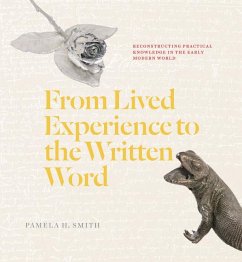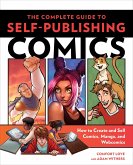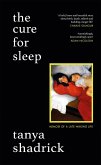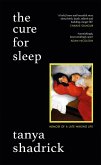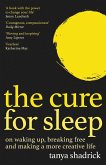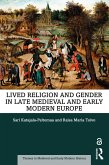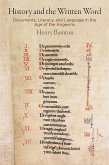"This book focuses on how literate artisans began to write about their discoveries starting around 1400: in other words, it explores the origins of technical writing. Artisans and artists began to publish handbooks, guides, treatises, tip sheets, graphs and recipe books rather than simply pass along their knowledge in the workshop. And they tried to articulate what the new knowledge meant. The popularity of these texts coincided with the founding of a 'new philosophy' that sought to investigate nature in a new way. Smith shows how this moment began in the unceasing trials of the craft workshop, and ended in the experimentation of the natural scientific laboratory. These epistemological developments have continued to the present day and still inform how we think about scientific knowledge"--

